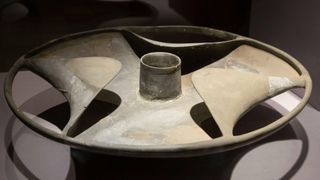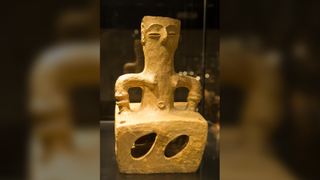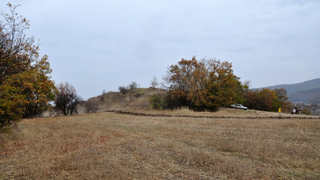Archaeology news, features and articles
Explore Archaeology
Editor's Picks
Latest about Archaeology
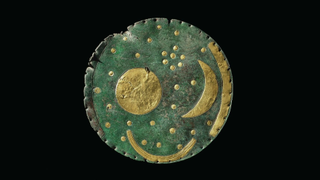
Nebra Sky Disc: The world's oldest depiction of astronomical phenomena — and it may depict the Pleiades
By Kristina Killgrove published
The unique bronze-and-gold Nebra Sky Disc appears to represent what the night sky looked like more than three millennia ago.
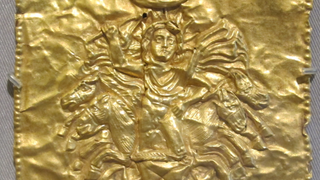
How the ancient Romans managed their wealth (it wasn't just by hiding hoards)
By Konstantine Panegyres published
How did Romans invest their wealth in ancient times?
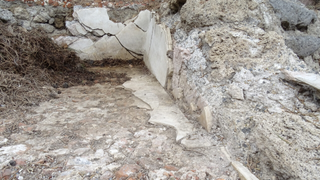
Romans regularly soaked in filthy, lead-contaminated bath water, Pompeii study finds
By Kristina Killgrove published
A study of limescale buildup in an early bathing facility at Pompeii has revealed that the water was replaced only once per day.
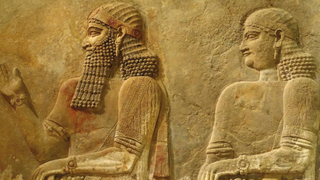
Gender ambiguity was a tool of power 4,500 years ago in Mesopotamia
By Chaya Kasif published
Gender-ambiguous people in ancient Mesopotamia were powerful and important members of society more than four millennia ago.
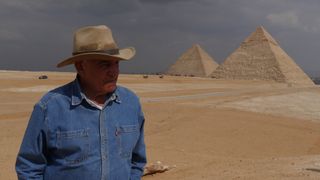
Nefertiti's tomb close to discovery, famed archaeologist Zahi Hawaas claims in new documentary
By Owen Jarus published
Zahi Hawass says he hopes to discover the tomb of Nefertiti before he retires, and he believes he's getting close.

Human origins quiz: How well do you know the story of humanity?
By Sophie Berdugo published
Think you know about our human relatives? Take our quiz to find out — and remember, it's human to make mistakes.
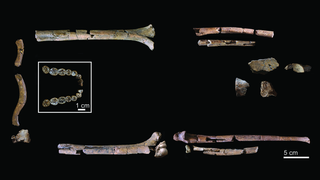
Most complete Homo habilis skeleton ever found dates to more than 2 million years ago and retains 'Lucy'-like features
By Kristina Killgrove published
Scientists have revealed the most complete skeleton yet of our 2 million-year-old ancestor Homo habilis.
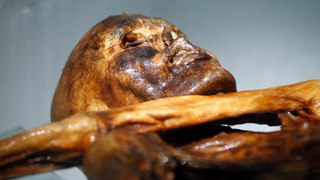
Ötzi the Iceman mummy carried a high-risk strain of HPV, research finds
By Aristos Georgiou published
Two renowned prehistoric individuals were likely infected with a human papillomavirus that has been linked to several cancers.
Get the world’s most fascinating discoveries delivered straight to your inbox.
 Live Science Plus
Live Science Plus











